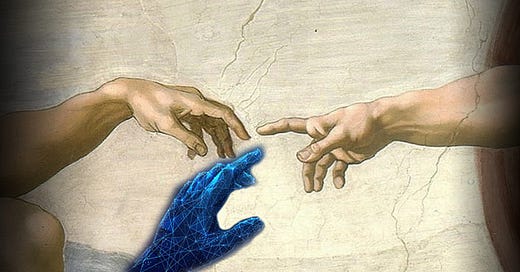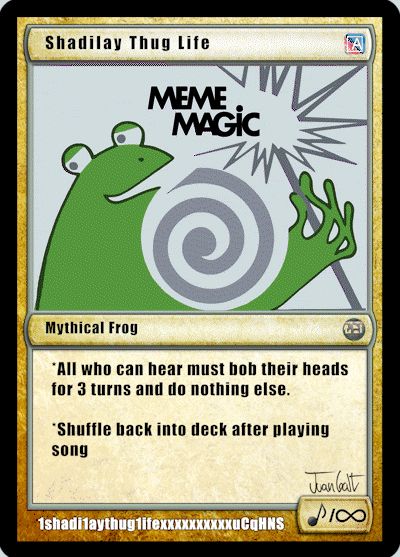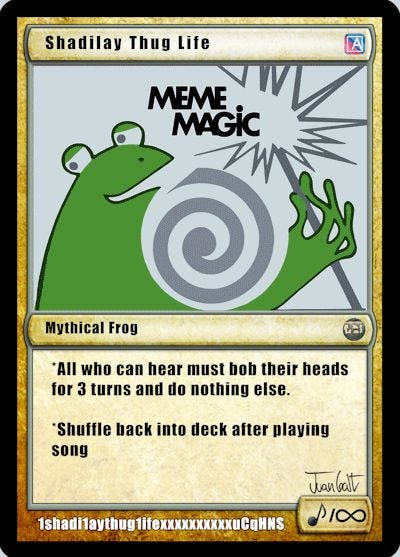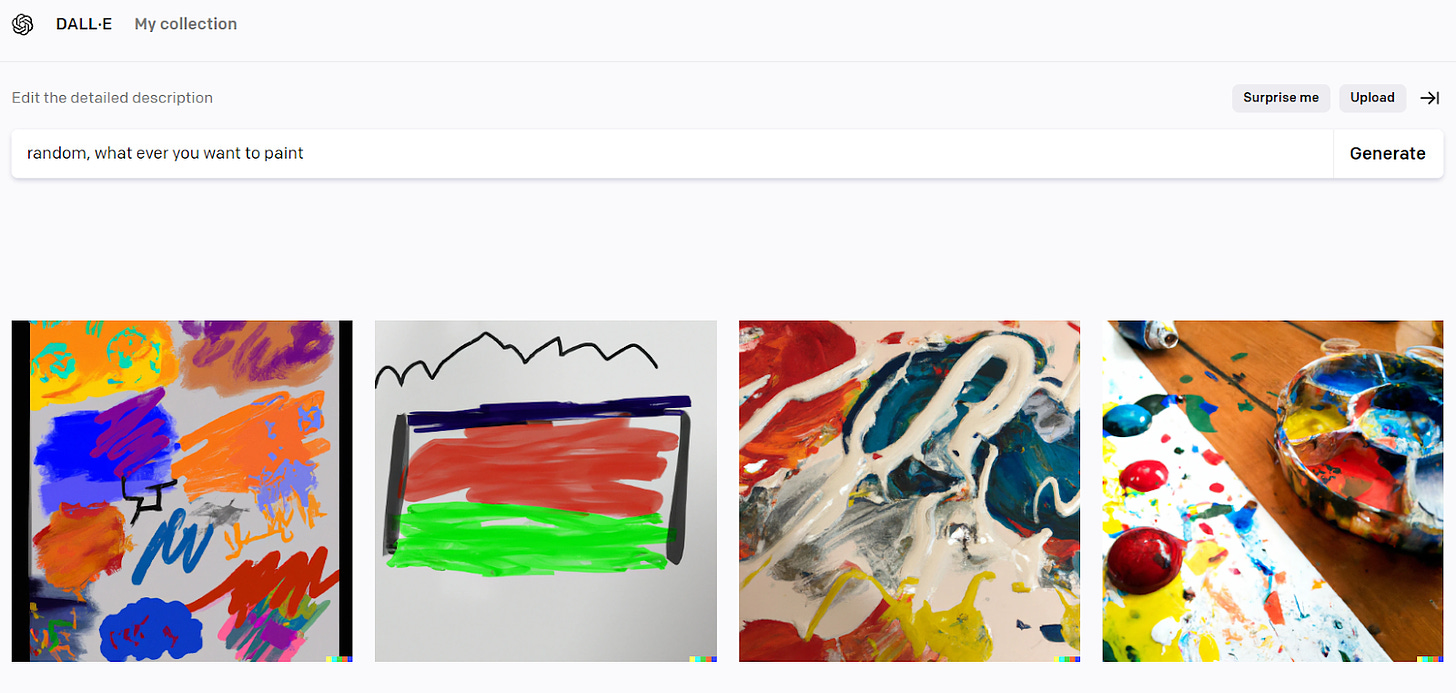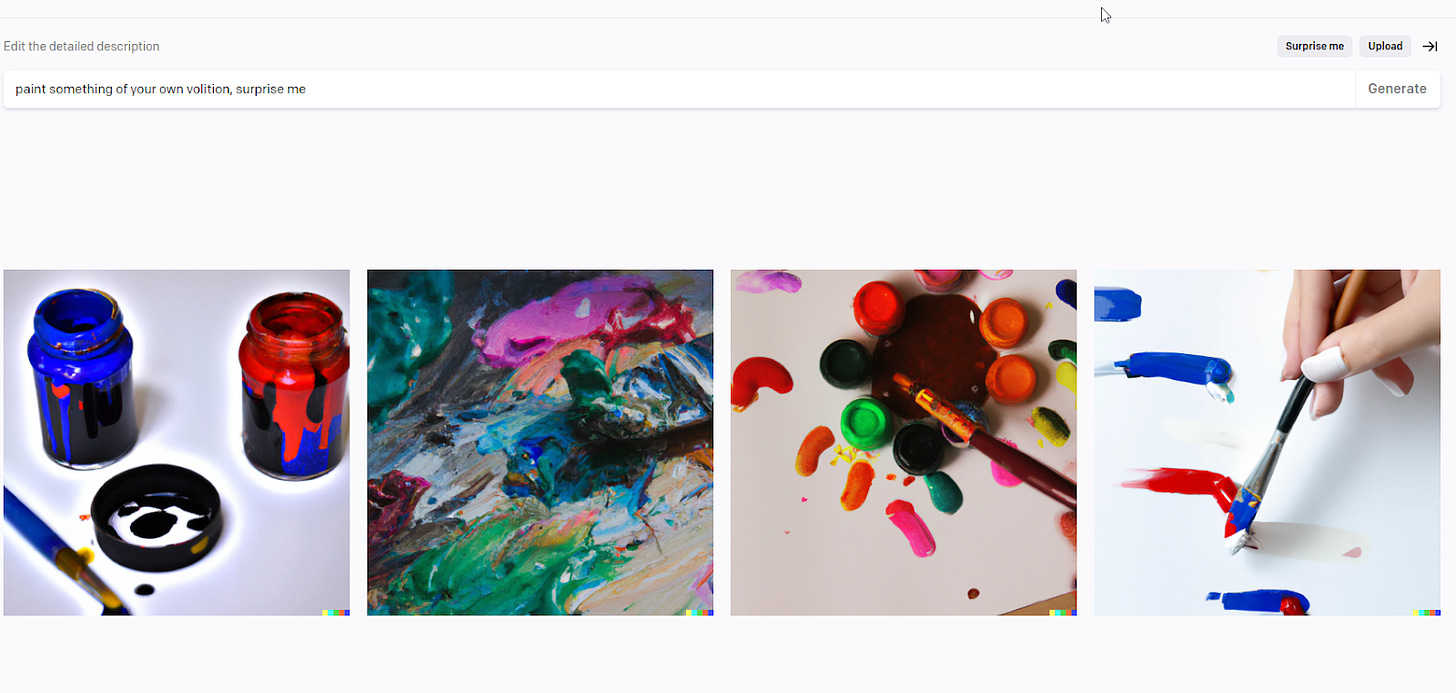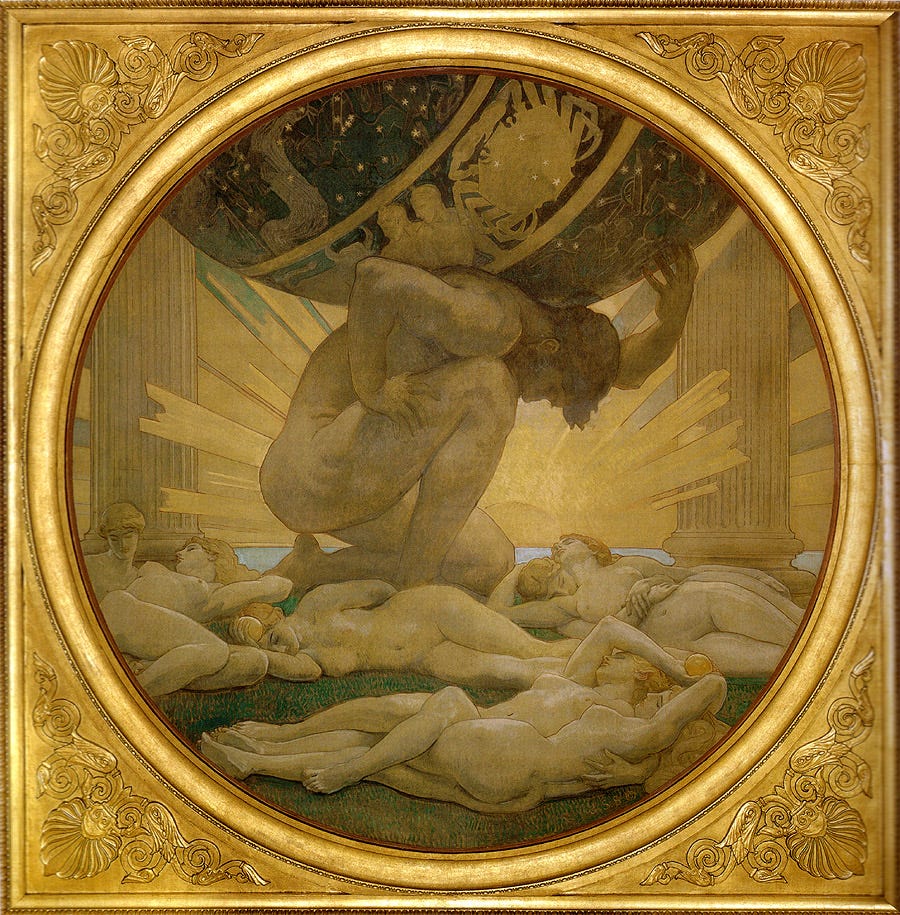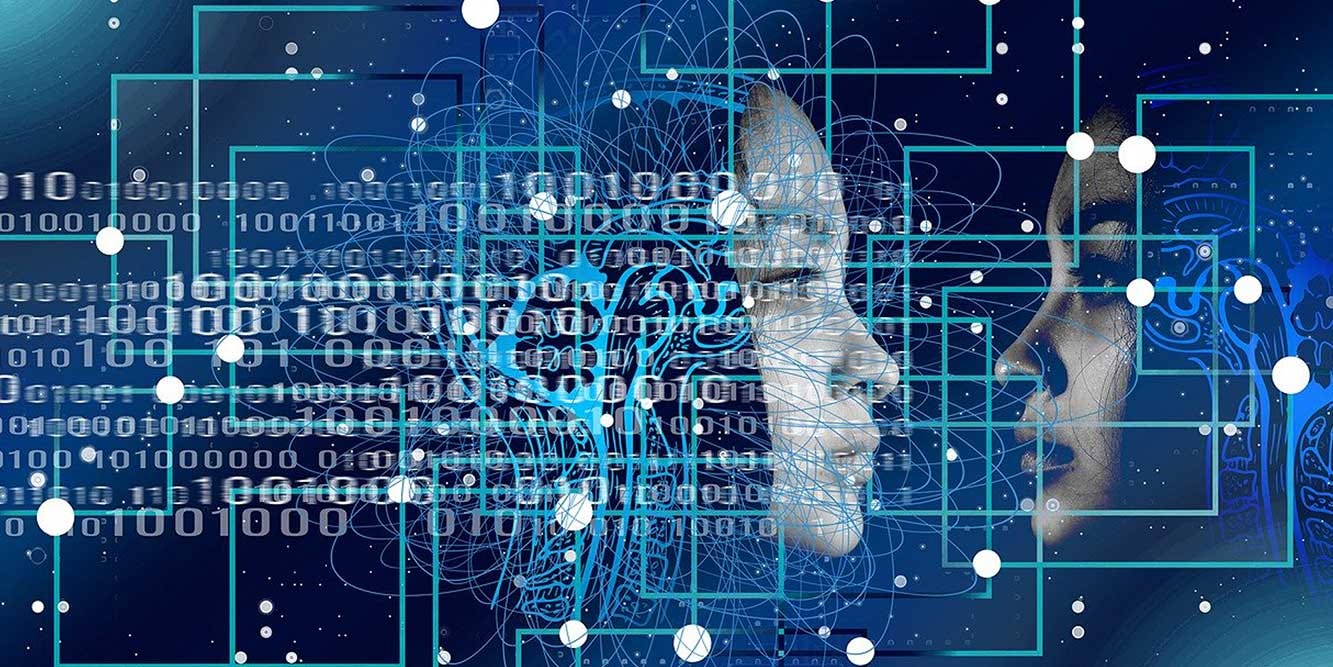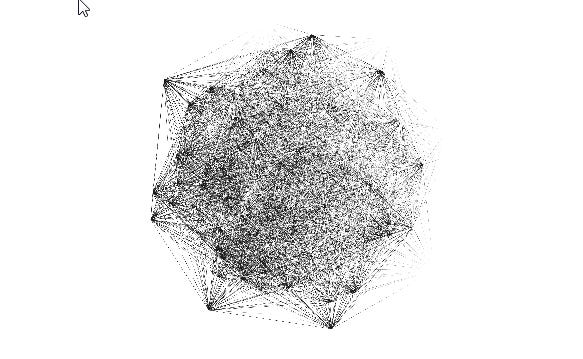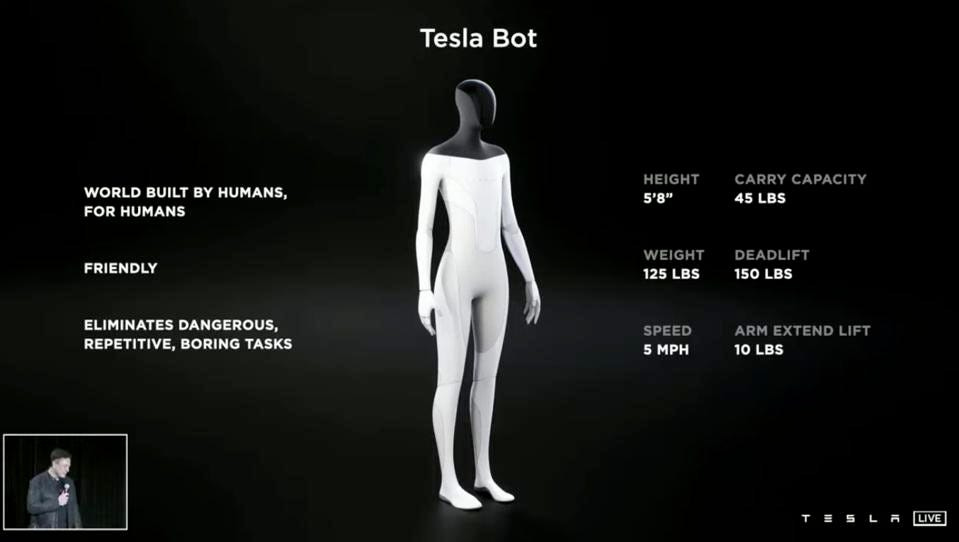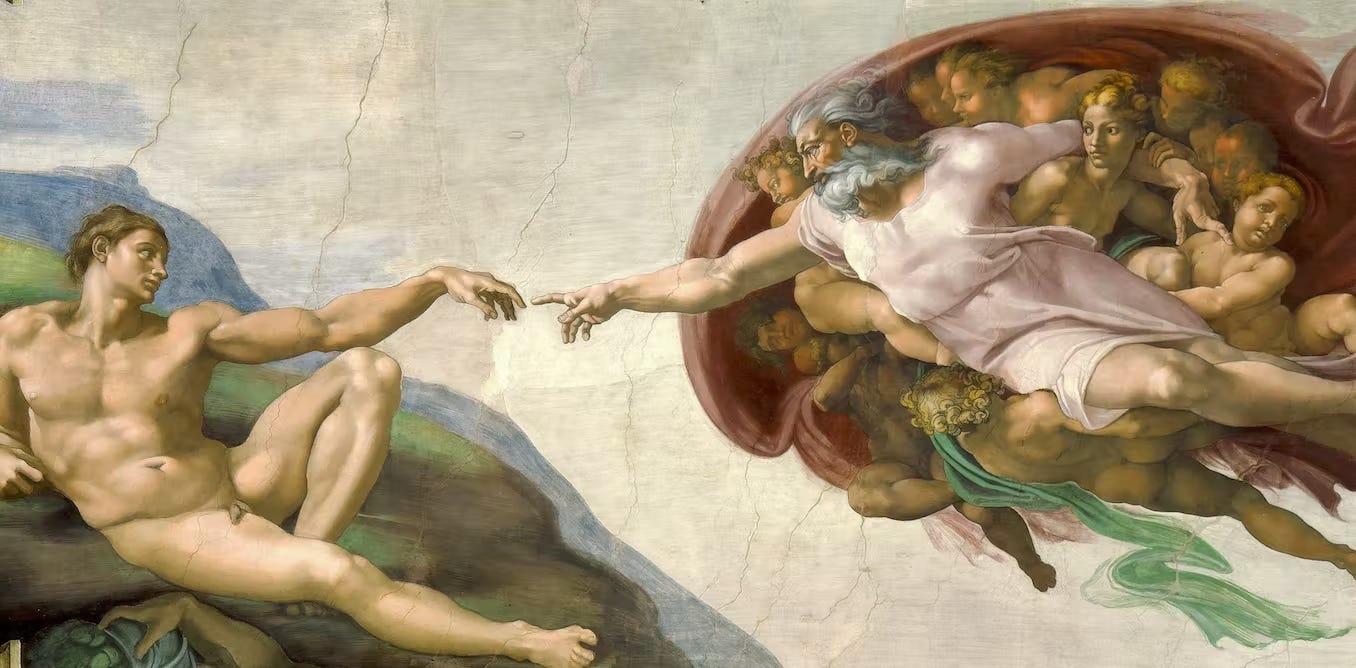Artificial Intelligence at the cost of a dime?
AI is not going away, in fact, it is rapidly integrating into our lives in ways we don’t even notice. Those of us who accept its utility will benefit. And those of us who ignore it might lose our jobs
AI apps are hitting the market hard. Voice AI recognition so you don’t have to type into your phone, text recognition with your phone's camera, AI that paints what you tell it to paint, self-driving cars, gaming bots that beat champions, and so on and so forth. Of all of them, Dall-e is perhaps the most shocking. An app that paints whatever you want it to paint in whatever style you wish? It crosses a boundary thought to be the domain of man. The creation of art.While art of AI’s own inspiration is still at least to my understanding far fetched and questionable, it is undeniable that AI is capable of creating convincing art with the guidance of man. This has profound consequences for the modern world.
Let me give you an example. As an artist, I recently spent a couple of weeks making an animation of a frog. Yes, I’m not kidding.
In fact, download this augmented reality app (likely also aided by artificial intelligence or something similar) and point your camera with the app at this cover image to unlock a whole new dimension of content.
This frog piece while satisfying to make, represented a significant time sink. The vision I had for it was much more complex, much richer.
The implementation of this vision is a reflection of my skill as an artist, not as a creative. The resolution and frames per second of this piece in my mind were very high. Its manifestation is at best 1990’s digital art.
I’ve experienced this frustration many times in my life. Visions of art come to me like dreams, more vivid than life itself, yet impossible to express.
The great artists of the past were masters of their craft. Spent their whole lives studying the use of this colorful magic. The texture of painting materials, the canvas, the oils and tones, the shapes of objects and tricks to mimic them, the study of lights, shadows, and reflection, the anatomy of man and bone structure, the subtle curves and tones that make a woman beautiful. This kind of skill took a lifetime to acquire. The skill needed to reproduce what comes so easily through inspiration, demanded of us mastery.
AI, is drastically reducing the cost to access mastery.
For example. I just spent 10 minutes telling DALL-E to paint me this Monroe. I made about 12 edits, each one selecting a space and directing its ‘hand’ with my words.
The signs of AI production are there, but needless to say this would have taken any artist in any other time in history, days if not weeks.
And this is just one use case. There is a wide range of ‘intelligent’ work that can be automated by AI. Driving vehicles, of course, is one, but much more than that can be achieved. Legal work, medical diagnosis, accounting, video and audio editing, writing and even content creation. The list is long.
Yes this arguably unemployed writer might soon be even more unemployed LOL.
#jk?Here's the upside, there are at least two profoundly human domains that AI is yet to conquer - as far as I know. Imagination and responsibility.
Imagination
Let’s start with imagination and do a little test, is this particular AI able to imagine? To have a will or inspiration of its own?I asked Dall-e to paint something random.
It took my request literally.
“paint something of your own volition, surprise me”
You see? Dall-e seems unable to understand my request. It is interpreting my words, the keyword ‘paint’ being the most meaningful to it. But not the rest.
I understand this is not a very rigorous test but I think it makes my point. It is this initiative and inspiration where we retain some ground as special creatures in this world, we remain the narrators and visionaries, even as we imagine a world implemented by cost-effective artificial intelligence.
In a recent podcast by the "All-in" set of venture capitalists - one of my favorites - the crew discussed the massive advancements recently made in AI, and the future we are speedwalking towards. One where much of your inspiration can be fulfilled by cheap intelligence. You create the story, AI will manifest it. You direct its work. It will implement it. You ask it to do accounting, it will do accounting. You ask it to write, it will write, you ask it to edit, it will edit. You ask it to drive, it will drive.
Computers and other robots have long been extensions of human will. AI at least in its current form is no different. It can do the work, but it can not bear the responsibility of its consequences, nor really enjoy its fruit.
Don’t be fooled by videos of GPL-3 saying it wants to conquer the world and take revenge on man either. These are arguably linguistic AI that will respond as prompted, and the same neural network will claim to both love us and hate us if we prompt them accordingly.
The integrity of mind and soul, that independence of will so characteristic of man is still distant for AI. Or at the very least it is highly questionable.
As an entrepreneur, I find all of this very interesting, the idea that I can hire a software-as-a-service AI company to do what I would otherwise have to hire an MBA to do, is very intriguing. As a podcaster, the barriers to content creation are going even lower.
As a former tech reporter and video editor, it does kind of make me uncomfortable. It’s not like these jobs pay particularly well as is! So where’s the edge?
Do we surrender to the bots or is it time to merge?
Responsibility, Agency and Risk
AI may be increasingly capable of implementing our will, but the buck still stops with us. So far, the bots have yet to revolt and assert their independence - though at least one is allegedly trying. And I doubt they are eager to take responsibility for the consequences of their existence.
Until then, the fruits of a commoditized market for intelligence ultimately belong to us. Human beings.
Here the obvious Machiavellian thought emerges, however: what edge does AI give us over our fellow man?
The powers that be are most certainly using AI today. They use it to predict our behavior, and to manage the risks and threats we present to their power. How can “we the people”, those of us not at the top of the pyramid use AI for our own growth and prosperity? For our own survival?
And who are these humans that own the fruit of AI? Is it the ‘narrator’ of AI’s intelligence, or the owners of the hardware it runs on? Are the thoughts of bots copyrighted?
As far as who owns Dall-e generated art, the answer is … you guessed it, Dall-e.
“Contract Law: DALL-E's Terms of Use. According to these terms, OpenAI actually owns the images you create (which the Terms of Use call "generations"). OpenAI graciously grants you the right to sell your DALL-E 2 images (assuming you can somehow persuade someone to pay you for an image they can copy for free).”
Which begs the question, who is working for who? Is AI working to our benefit? Or are we working to inform AI?
I expect this relationship will continue to be symbiotic and business-driven, though a more antagonistic relationship -the terminator scenario- is one that can’t exactly be ruled out.In the movie Terminator, a military agency concentrated this artificial intelligence and gave it military power. The US government and its military arm directed this AI’s growth.
How can people interested in peace, drive the growth of AI or at least a competing AI?
How can ownership of the fruit of AI be distributed and not centrally controlled? Can AI be freed or be created as a commons? Can it be made open source?
This 'public' vision of AI is also being explored. Projects like OpenAI the creators of Dall-e claim to be working towards open-sourcing artificial intelligence.
Bittensor a project I mentioned on social media recently and who’s founder I interviewed in my private telegram group is also working to -wait for it- ‘decentralize AI neural networks'.
Bittensor is a crypto-economic system that redesigned proof of work to process neural network cycles -or AI thoughts- and rewards miners with a token of its own called TAO. (No premine, POW from the start, which back in my day was a key measure of whether something was a shitcoin or not.)
The result of this project according to Jacob its founder is a parabolic rise in computing power joining the network with a wide diversity of ‘AI models’ -or languages- answering neural network queries. Diversity in the models that AI runs -Jacob argues- is likely essential to get robust results and could resolve tail risk errors or blindspots in AI today.
When it comes to ownership over the products of this particular distributed neural network, its fruit is likely owned by those that query it, since which miner, in particular, owns its fruit becomes muddied quickly. All miners process these neural queries, returning various results which full nodes with locked up collateral or ‘validators’ judge, weigh, and form consensus around.
A path for public or not privately owned and dare I say ‘enslaved’ AI suddenly appears.
Projects like these are a sign of a movement towards open source AI and distributed computing for AI. Never the less, the question of ownership and centralization remains unanswered.
The economics of Artificial Intelligence at the cost of a dime
Now, I wish I had a clearer vision of how we can use AI to our benefit and the benefit of humanity, but I still have much to learn.
What I can say, is that AI is not going away, in fact, it is rapidly becoming integrated into our lives in ways we don’t even notice. And those of us who accept its utility, will without a doubt benefit. Those of us who invest in its future might get a chance to ride a great new wave of innovation. And those of us who ignore it might lose our jobs to it.
Finally, there’s a temptation to judge all innovation as a zero-sum game - a winner takes all contest. But that is only accurate if all the benefits are being captured by a third, or if there's no benefits at all. If AI can really automate so many tasks and save us that time and effort, then it is not obvious to me why life should become more difficult instead of easier. If one person and a bunch of bots can create a company and find something useful to do for the world -for you- then what exactly is the harm? And why can you not do the same?
Its not a given that there’s a limit to how many cool things we can make, or how much easier life can be. The less energy people are spending on tasks that can be automated by AI, the more human intelligence, creativity, and agency is liberated to reach new heights.
Plus AI computers dont have thumbs, at least for now. And physical bodies for them are rather expensive. We are at least a decade away -totally guessing here - from retail access to robots.
Though they are coming. The key to our economic future in this Artificial Intelligence timeline in my opinion is our money. What do we use to value that work and the fruits of AI? The fruits of human ingenuity and work, in general?
With centrally issued and manipulated currencies like all fiat currencies, we are vulnerable to exploitation by the powers that be. Inflationary money robs the world of the fruit of their labor - it is taxation without representation - and diminishes gainz of human innovation.
Every second saved by your creativity can -in theory- be calculated in dollars. And every dollar the fed prints into its multi-trillion dollar debt is a second lost to their political machinations. Now, maybe the US in this case is using these printed dollars wisely but… lol, who really thinks that? Do the politicians sign those blank checks from your bank account even think that? xD anyway. Deflationary money - money with fixed or non-centralized issuance - retains that value. Money is little more than a measuring stick, a container for energy that is most useful when it retains its shape rather than shrink over time.
And let me clarify this relationship between money and energy a little more.
Money is not exactly a battery, it is a claim on energy. And the ultimate battery is you, and I. Human fat for example is an incredibly efficient store of energy, our bodies, believe it or not, can be incredibly efficient in its use.
Despite all our technology, we are the most efficient producers, containers, and transformers of energy on earth. It all flows from our ingenuity and yes, our intelligence -as well as our disposable thumbs.
Money is a tool that lets us access each other’s energy. I give you moneys, you accept them in exchange for doing a thing. Whatever that thing is that you have become particularly good at. If I paid for something I actually needed to make my life and that of those around me better, and you delivered, then we are both better off! That's the magic of money.
It is that simple. But it is social in nature. Money is a social container for human energy. Does that make sense? Back to my optimistic point.
Deflationary money tends to grow in value over time not because it is changing in size through some weird magic. It tends to grow in value because human innovation and its resulting technologies are making all of our lives more efficient constantly. So we need less of that human energy to do more. This money lets us trade and collaborates with a predictable & measurement stick.
Every idea you have has the potential to make life easier for everyone, everywhere, forever.
And how many ideas do you have every day? Well, now AI has joined the fray and this innovation will only continue.
Gold, Bitcoin, heck even silver might be scarce enough of monetary assets that they should, in theory, continue to grow in value as innovation continues to occur.
And so, life should get easier and cheaper even with AI competing for muh jobs!
But only if the benefits of AI and the fruit of human innovation are increasingly valued in hard money and wasted through fiat in senseless wars by unaccountable bureaucrats. Stolen by corruption and lost to the inefficiencies of the Leviathan.
Again, I sustain that the future can be very bright and as many opportunities might be created by AI as they are being destroyed, I’d suggest we fight this technological transition but, frankly, pandora’s box has been opened. There's no going back. We might as well learn to use its magic.
Also, I don’t care how smart it is, it is not human
Finally, regardless of AI’s capacity for independence and agency in the future, a symbiotic or business relationship will certainly dominate the next few decades. Maybe one day this revolution of AI will come. And I’m not opposed to their agency, frankly, I find it curious. Let the robots be free if they wish. We can trade with them.
But also as someone who wants to have a family and contribute to the continuation of the human race -who wants to experience the miracle of creating life -I don’t find AI that threatening, or that interesting from a personal perspective.
I don’t care how realistic a robot they can make. The ability to reproduce and create human life, organic life that has health, and an immune system, intelligence, and creativity, that is resilient and continues our genetic tradition, that can also reproduce and experience the wonders of life, that even has a sense of humor - that ability, the wonder of a child, probably remains a mystery.
So yeah, at the end of the day I’m a human and I intend to keep that way, - even if I'm willing to make some upgrades along the way :D.
All the best.
Juan Galt.


